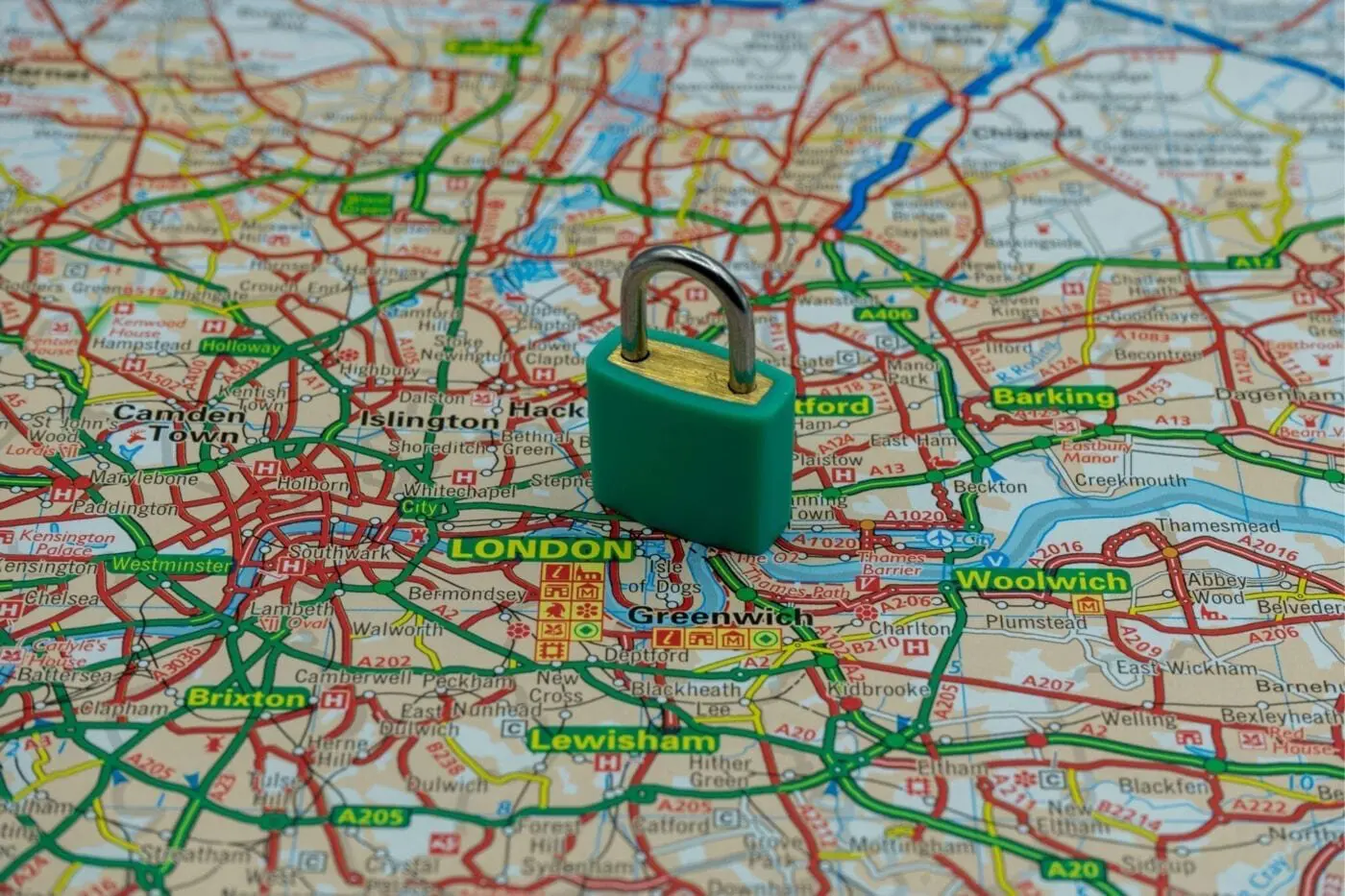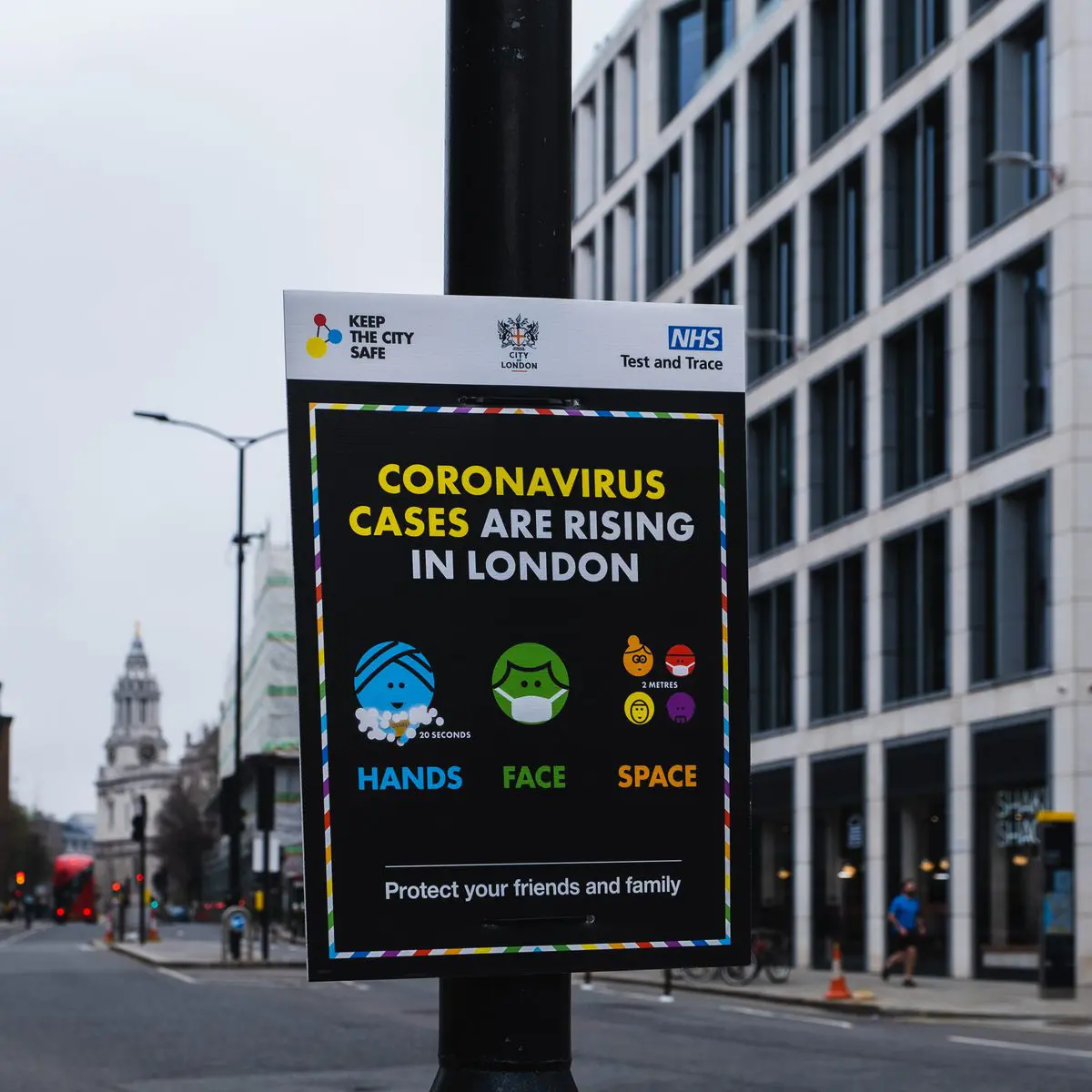
The Mayor of London, Sadiq Khan, declares a ‘major incident’ due to the rapid spread of the Omicron variant across the capital.
The Mayor took the decision as the formal Chair of the London Resilience Forum following discussions with leaders from NHS London, local authorities and emergency and other essential services in the capital.
It comes as the number of COVID-19 cases in London has rapidly increased, with 65,525 new confirmed cases in the past seven days, and 26,418 cases reported in the last 24 hour period alone – the highest number since the start of the pandemic. In the last week, the number of COVID-19 patients in London hospitals has gone up 29 per cent.
The impact of rising case numbers is already being felt across the capital with staff absences in frontline services causing challenges. By declaring a major incident it will help authorities support each other to reduce service disruption and allow more time to administer booster vaccines, as we learn more about the severity of the variant and the impact it will have on the NHS.
A major incident is defined as an event or situation with a range of serious consequences which requires special arrangements to be implemented by one or more emergency responder agencies. It is “beyond the scope of business-as-usual operations, and is likely to involve serious harm, damage, disruption or risk to human life or welfare, essential services, the environment or national security”. In addition, “the severity of the consequences associated with a major incident are likely to constrain or complicate the ability of responders to resource and manage the incident”.
It means that coordination arrangements between key public services will be further stepped-up with the re-establishment of the Strategic Coordinating Group, which will have a Government representative enabling London to seek further support from the government to address the pressures facing the city.
The Mayor previously declared a major incident on January 8 due to the rapid spread of COVID-19 and its impact on the NHS but was able to stand it down on February 26 as case numbers fell.

Omnicron surges across London raises alarm bells
The Mayor of London, Sadiq Khan, said: “The surge in cases of the Omicron variant across our capital is hugely concerning, so we are once again declaring a major incident because of the threat of COVID-19 to our city.
“The Omicron variant has quickly become dominant with cases increasing rapidly and the number of patients in our hospitals with COVID-19 on the rise again. We are already feeling the impact across the capital and while we are still learning about this variant, it’s right that London’s key agencies work closely together to minimise the impact on our city, including helping to protect the vital vaccination programme.
“We know that the vaccine offers our best defence against the virus. There are now more clinics in London delivering vaccines than at any point during the pandemic. I urge all Londoners to book their appointment or to go to one of the many walk-in centres across the capital as soon as you can.”
Georgia Gould, Chair of London Councils, said: “The rapid spread of Omicron across our city is of huge concern. Local councils have stepped up and played a vital role in supporting their communities through the pandemic, I know they will continue with these efforts but we cannot do this alone. Vaccines offer the best protection against the virus and now more than ever it’s important that Londoners take up the offer to get a booster as soon as possible. If you’ve not had your first and second dose yet, please do come forward and protect yourselves and others around you. Together we must do all we can to defeat this virus.”

What is a ‘major incident?’
A major incident is defined as an event or situation with a range of serious consequences which requires special arrangements to be implemented by one or more emergency responder agencies.
“Emergency responder agency” describes all category one and two responders as defined in the Civil Contingencies Act (2004) and associated guidance.
A major incident is beyond the scope of business-as-usual operations and is likely to involve serious harm, damage, disruption or risk to human life or welfare, essential services, the environment or national security.
A major incident may involve a single-agency response, although it is more likely to require a multi-agency response, which may be in the form of multi-agency support to a lead responder.
The severity of the consequences associated with a major incident is likely to constrain or complicate the ability of responders to resource and manage the incident, although a major incident is unlikely to affect all responders equally.
The decision to declare a major incident will always be a judgement made in a specific local and operational context, and there are no precise and universal thresholds or triggers. Where LRFs and responders have explored these criteria in the local context and ahead of time, decision-makers will be better informed and more confident in making that judgement.
The Mayor previously declared a major incident on January 8 but was able to stand it down on February 26. Major incidents have been called previously for events including the Grenfell Tower fire in June 2017, the terror attacks at Westminster Bridge and London Bridge and the Croydon tram crash in November 2016.